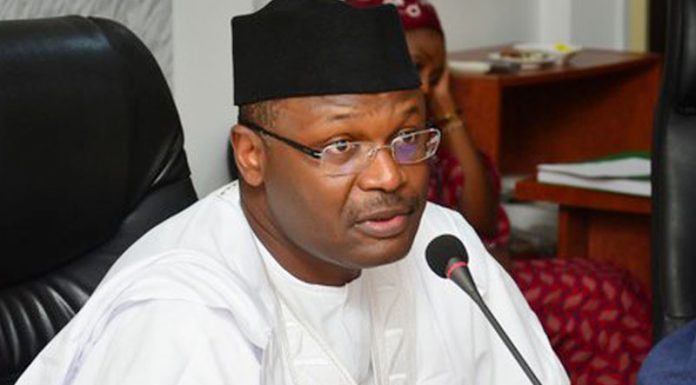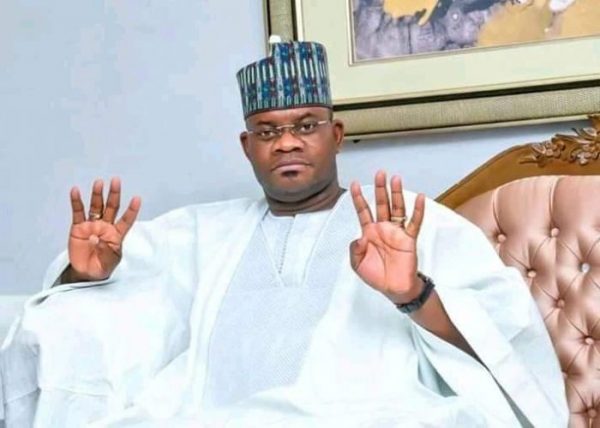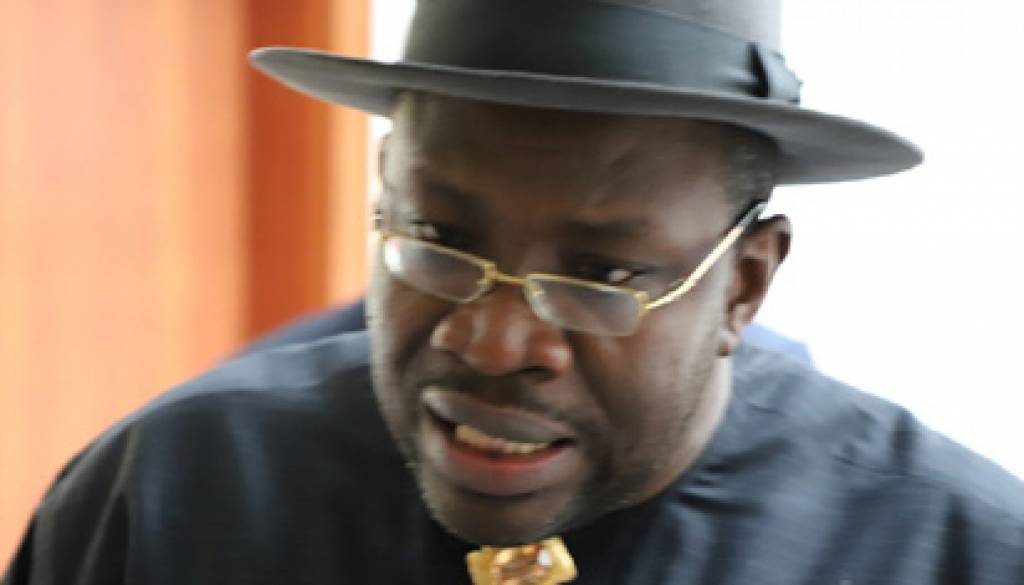Nigeria’s democracy is critically sick and one would be playing the ostrich to argue otherwise. When the Athenians developed the very idea of democracy in the city-state more than 500 years before the coming of Jesus Christ, a few assumptions were made. Number one, they imagined that those who wishd to govern the society must respect the will of the people to decide who governs or represents them. Secondly, it was their belief that citizens would be sufficiently informed to know which political actor or group best represents their collective aspirations. Thirdly, it was their conviction that every election represents an opportunity to make a statement on the progress of the society and those running its affairs. Fourthly, the Athenians were definite in their belief that elections presents an opportunity for every adult to participate in building the society of his or her dreams.
Since 507-508BC when democracy became the most popular means of leadership recruitment in the city state of Athens, democracy has spread wings and travelled to destinations the original proponents could not have imagined. Over the last two thousand five hundred years, democracy has established itself in Rome and other parts of Europe, North and South America, Australia and large parts of Asia. Democracy also made in-roads in Africa at the end of the Second World War and has remained the most important system of governance in countries such as Liberia, Sierra Leone, Ghana, South Africa and several other parts of the mother continent for a considerable period of time.

INEC Chairman, Prof Mahmood Yakubu
While it is true that democracy has suffered varying forms of abuses and distortions in African countries like Robert Mugabe’s Zimbabwe, Paul Biya’s Cameroon, Gnassingbé Eyadéma’s Togo, Idriss Deby’s Chad and several other places across the continent, it is hard to imagine a more bizarre democratic culture anywhere than what obtains in Nigeria’s recent elections conducted under the watch of Mahmood Yakubu- the head of the nation’s electoral commission. The Greeks conceived democracy to be an exercise in vote counts but it does appear that Nigeria’s elections now count bodies more often than votes are counted.
To be clear, Nigeria’s elections since the early 1920s when elections into the legislative council began with the Township Ordinances of 1919 have never been angelic exercises but things clearly have nosedived way beyond what the most crooked mind could have conceived at the return of democracy in 1999 after about 15 years of successive military rule. Interestingly, the very character at the heart of the disintegration of the third republic- then Maj. Gen. Muhammadu Buhari- is back at the heart of things at this phase of the fourth republic as President Buhari. While the politicians of the third republic were content stuffing ballot papers in long flowing robes, things have become scarier over the last few years since Muhammadu Buhari’s appointed Mahmood Yakubu began to call the shot at the Independent National Electoral Commission.

From what Nigerians saw in Edo, Ondo, Ekiti, Bayelsa and a few other places where off-season elections took place before the last general elections between February and March 2019, it was clear that the legacy of free, fair and credible election bequeathed on the land by the out-gone Jonathan regime meant practically nothing to the man he handed over power to. Evidence gathered on the strength of what happened in the build up to the 2019 general election proved that Mahmood Yakubu paid little interest to the activities and innovations put in place at INEC by his predecessor- Prof Attahiru Jega.
Nigeria’s journey to the infamy of electoral notoriety first started with an hitherto unknown phenomenon called “inconclusive elections” which began in Kogi and then spread to other states before becoming an art form in Osun where a losing candidate mysteriously overturned his vote deficit from a few polling units after Mahmood Yakubu’s INEC had declared the 2018 guber election in the state inconclusive.
Almost every election conducted by INEC under Mahmood Yakubu had been characterised by mindless bloodletting, hooliganism and strange vote figures. Many consider it shameful that while the 2015 general election was conducted seamlessly and results declared after three days, guber election results in Kogi, Bayelsa, Ondo and Edo were not make public for close to one week.
The most tragic part of the sad tale is that no one ever gets punished or prosecuted for electoral violence, no reprimands of any sort and it does appear that the politicians now work closely with the judiciary to uphold whatever result INEC announces- even if such declarations are made at gunpoint.

Governor Seriake Dickson of Bayelsa State
Elections characterised by violence, vote rigging and willful murder of voters have been upheld by the Nigerian judiciary in a development that has got many wondering what happened the good old judiciary that stood to withhold the sanctity of the ballot box after the charade that was the 2007 elections? The understanding today is that all you need do to get into any public office is to get an INEC official to declare you winner in an election even if you scored the least number of votes. Victims of electoral brigandage are often taunted to “go to court.”
But it was not always like this. A little over four years ago, Nigerians had great confidence in the power of their “PVCs.” They believed so much in the power of that “plastic card” to bring the desired change Nigeria needs to overcome the reproach of a giant with feet of clay. Nigerians participated in the 2015 general elections with great enthusiasm and were excited when the electoral umpire under Jega’s leadership made certain that their votes counted and their will respected- as the Athens had imagined. They were confident at the time that if the politicians elected fail to deliver on the promises made to the people, they would be voted out. With the events of the last weekend in Kogi and Bayelsa, it is unlikely that Nigerians still harbour the same amount of enthusiasm in their beloved PVCs as they did in 2015.
So What Changed? Let’s Look at Three of Such
PVC for a “pot of soup:” In 2015, Nigerians believe that with their PVCs, they could change the state of things in their beleaguered country. But things changed drastically in Edo and Ondo where the PVCs were exchanged for “pots of soup.” It was alleged by several political party agents that in the 2016 and 2017 guber elections in these states, agents of political parties stormed polling units with a proposition many hungry voters had a hard time resisting: PVC for a pot of soup. The central idea of vote buying and selling took roots in those two elections and became coded into the handbook of electoral triumph. The message was simple: if you want a pot of soup, sell your PVC to whoever offers the highest amount at the polling unit.
“Remote Control” Victory: Securing electoral victory in Nigeria after 2015 was not entirely a function of what happens at the polling unit. The president himself- Muhammadu Buhari- informed Nigerians that his party had to employ the use of “remote control” to win the Osun guber election in 2018. Before the president, Mahmood Jega and the APC got involved in the nation’s electoral process, nobody ever imagined that “remote control” (whatever it meant) could become a relevant tool for securing victory in an election.
Watch: EXPOSED! INEC RESULTS FOR BAYELSA ELECTIONS MANIPULATED- YIAGA
APC Wins Kogi, Bayelsa Governorship Polls
SDP Fails to Stop Yahaya Bello From Contesting Kogi Polls
When persuasion fails, try the guns: The Nigerian Situation Room, a coalition of several civil society groups monitoring and observing elections in Nigeria disclosed in a report released in July that 626 Nigerians lost their lives in the 2019 general elections. Think about it for a while- 626- human lives wasted unnecessarily because of the desperation of the politicians and if you like- because elections in Nigeria are managed by people whose understanding of democracy is suspect at best- unlike the pathfinders in Athens.
